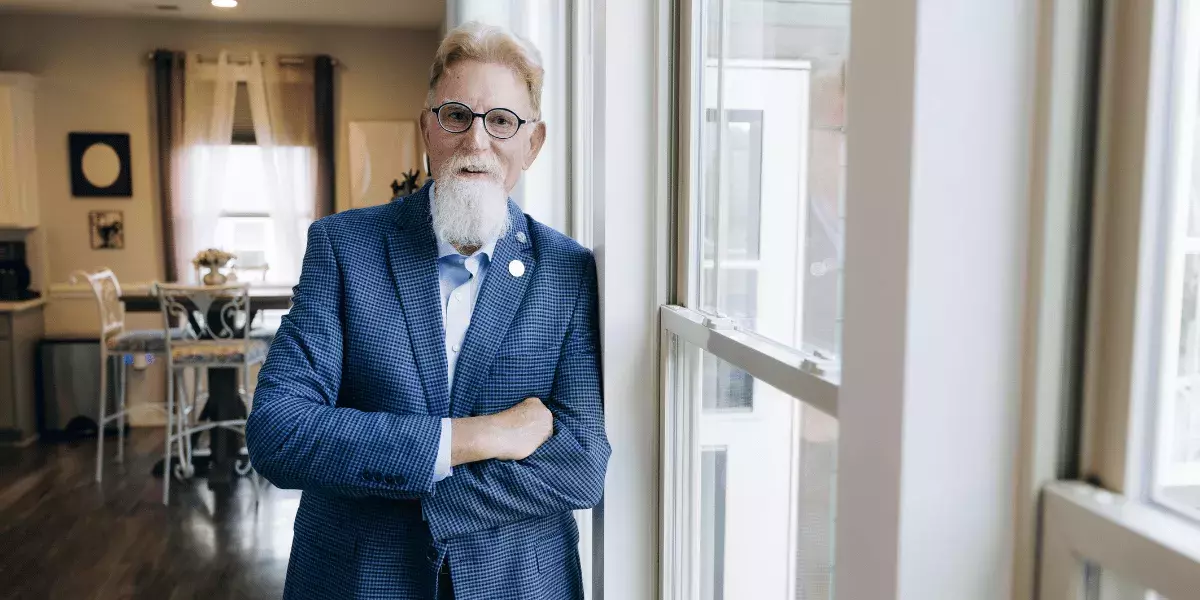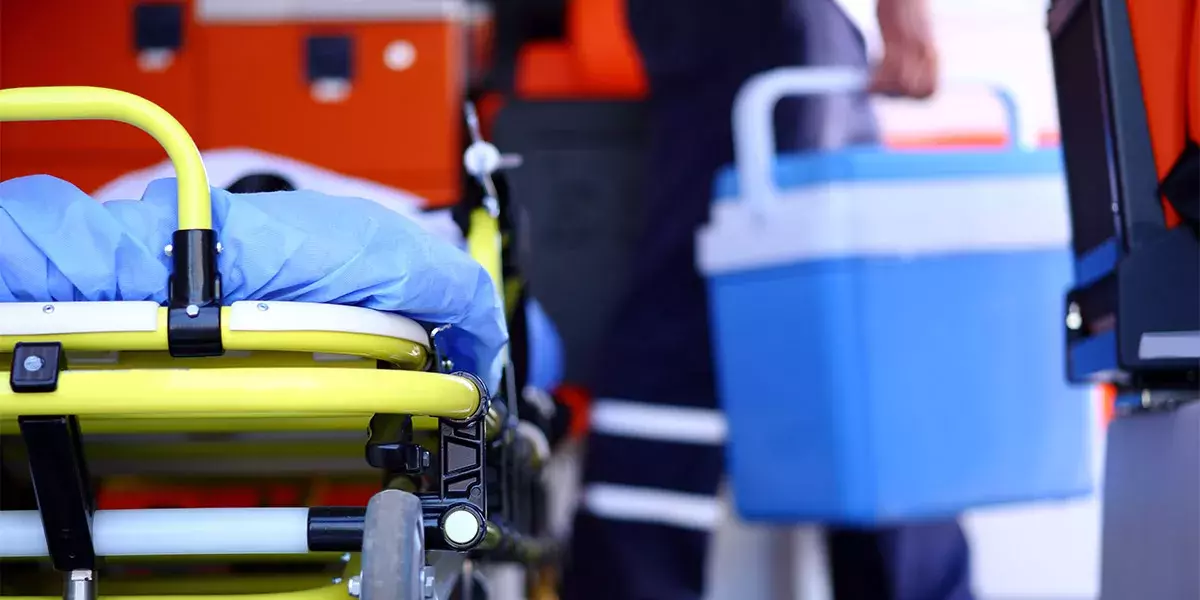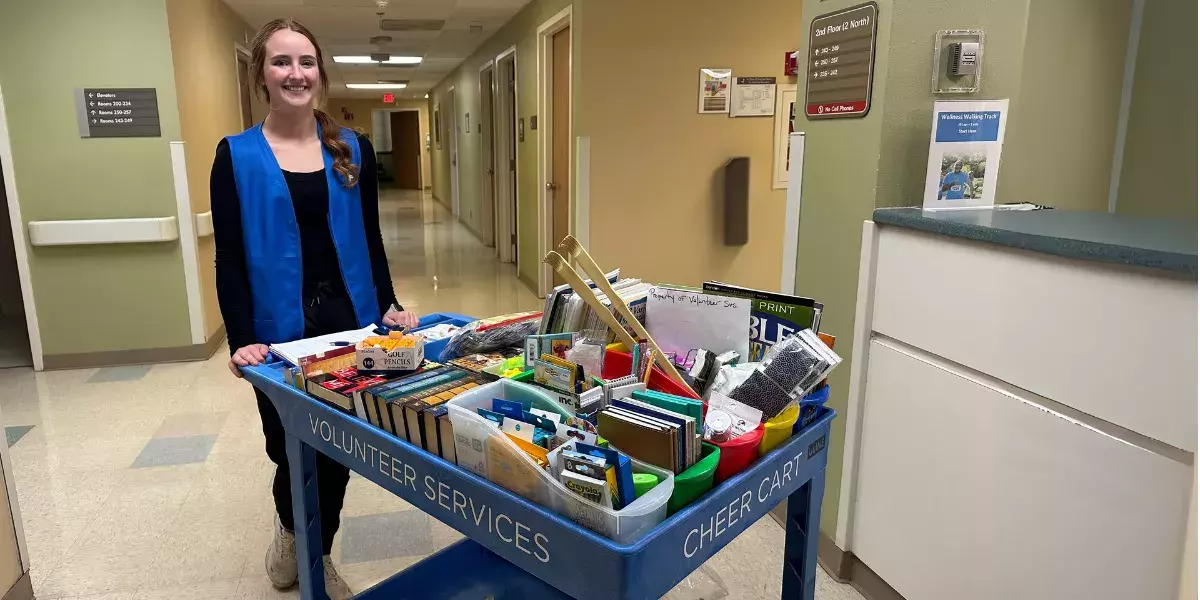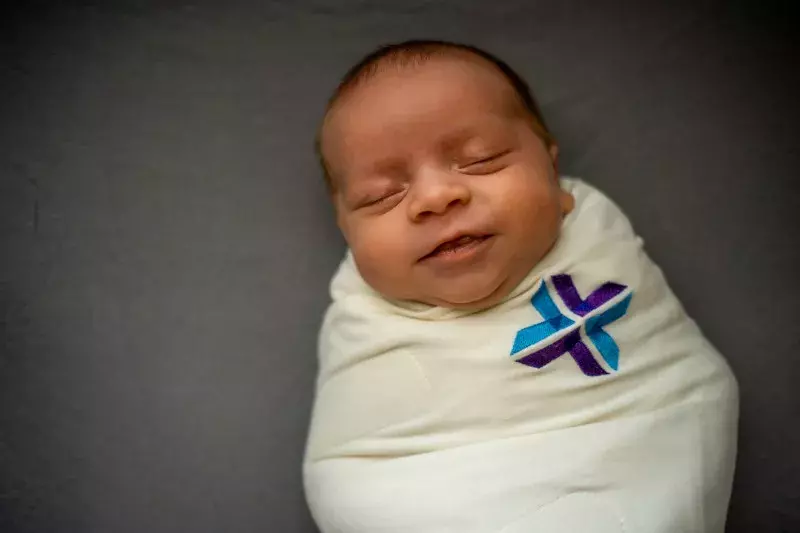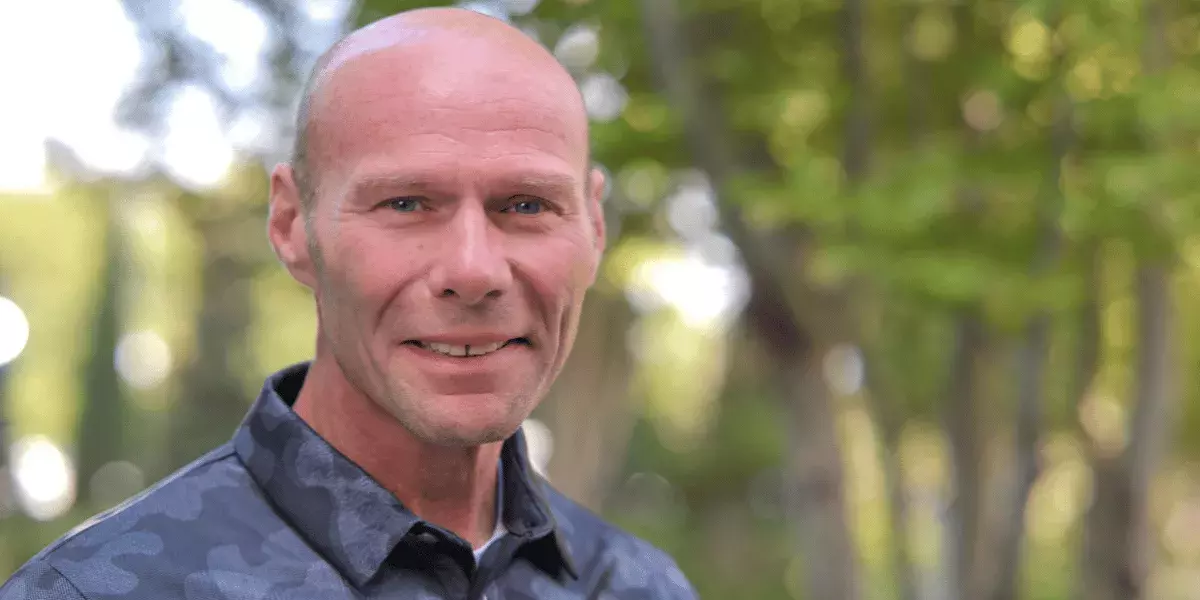
Tonsil cancer patient finds strength in support from loved ones
When Lawrence Crutchfield first felt discomfort in his throat, he assumed a popcorn kernel, or some other piece of food, had become stuck.
But after brushing and rinsing didn’t relieve it, he used a flashlight to unveil what appeared to be a tumor growing in his throat.
A quick trip to an immediate care center led to a referral to an ear, nose and throat doctor who confirmed he had developed a fast-growing tonsil cancer.
“It was still only at stage one, and within two weeks, I was receiving treatment. It was so quick,” Crutchfield said. “I was diagnosed the first week of May, and I was in treatment before May ended.”
Crutchfield underwent seven rounds of chemotherapy and radiation to rid his body of the cancer. Dr. Jeremy Kilburn, radiation oncologist with Gibbs Cancer Center, led his treatment and encouraged him along the way.
Tonsil cancer is relatively uncommon. There were an estimated 58,450 new cases of tonsil cancer in 2024 in the U.S.
After his treatment, Crutchfield began to lose weight. His new challenge was to eat and consume enough calories to maintain his weight.
“I was 210 pounds, and now I struggle to stay at 175,” he said. “I ended up in the hospital for a couple of nights to get my nutrition and pain dialed in, and that was quite literally my savior.”
After that, Crutchfield began managing the changes, eating slower and learning how to use a special retainer with the help of his medical team. He still has his sense of taste, which helps his appetite, but he’s learning how to navigate changes to the consistency of his saliva.
“And I don’t say any of that to sound like I’m complaining. I’m very lucky they found it at stage one, and I got really good care right away,” Crutchfield said.
The love and support from his wife, Heather, kept him motivated.
“I have an amazing wife who supported me and took care of me and was right there when I needed it,” he said. “This has really focused my love and appreciation for her. It’s a whole other level.”
Crutchfield now offers hope to other patients who detect cancer in their bodies and navigate a path forward.
“Cancer is a really big thing, but it’s not always the end,” he said. “You have to know what you want, and the outcome you want, and then put in the work.”









